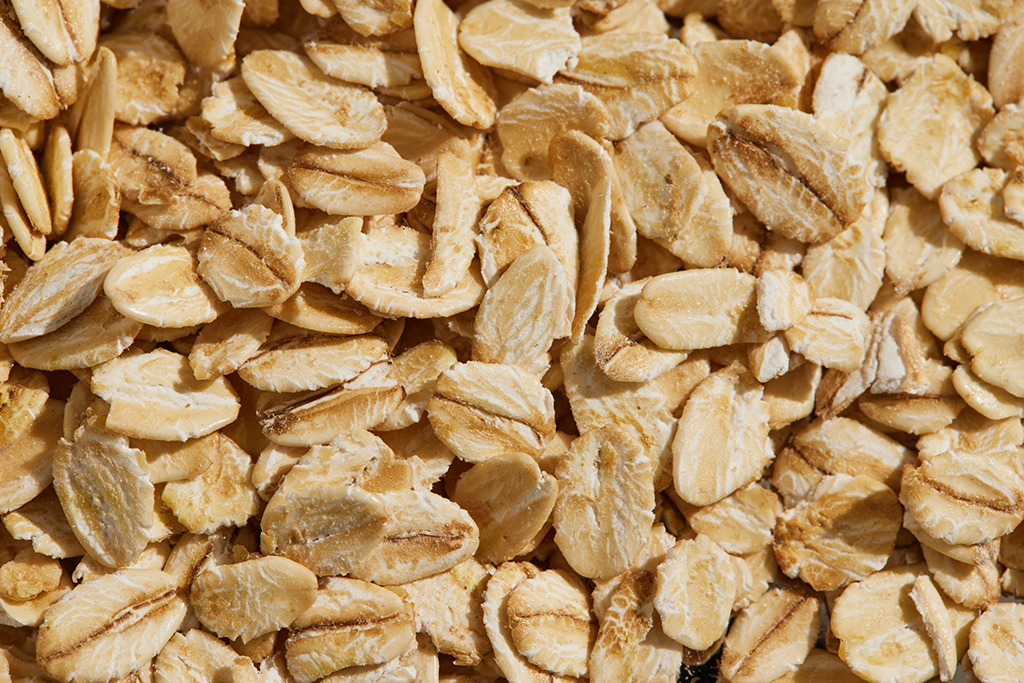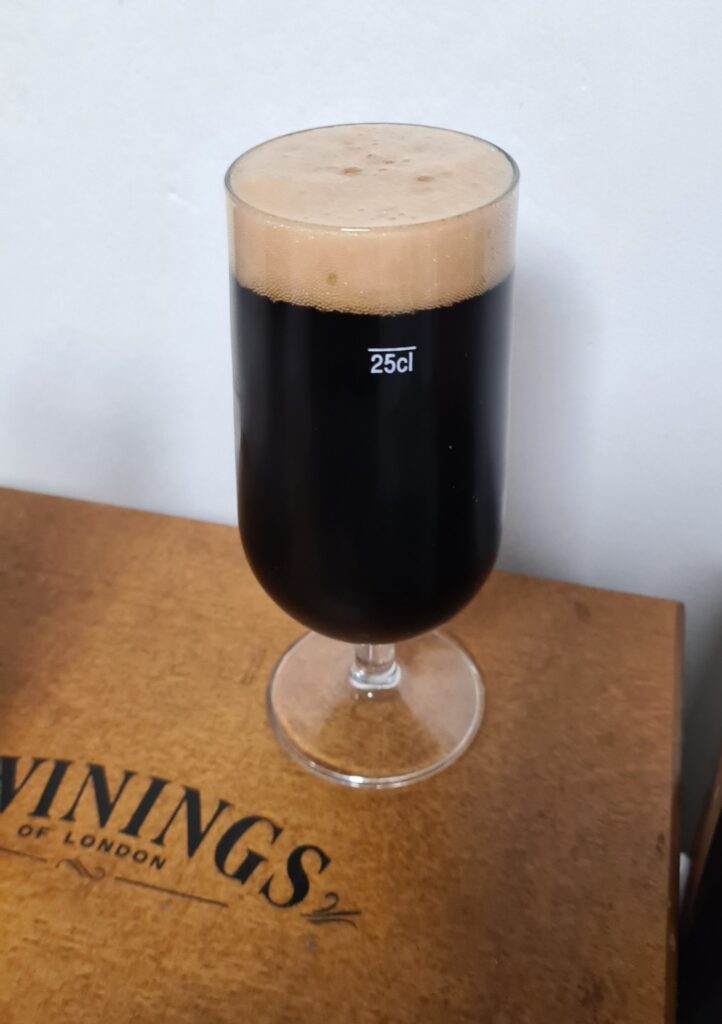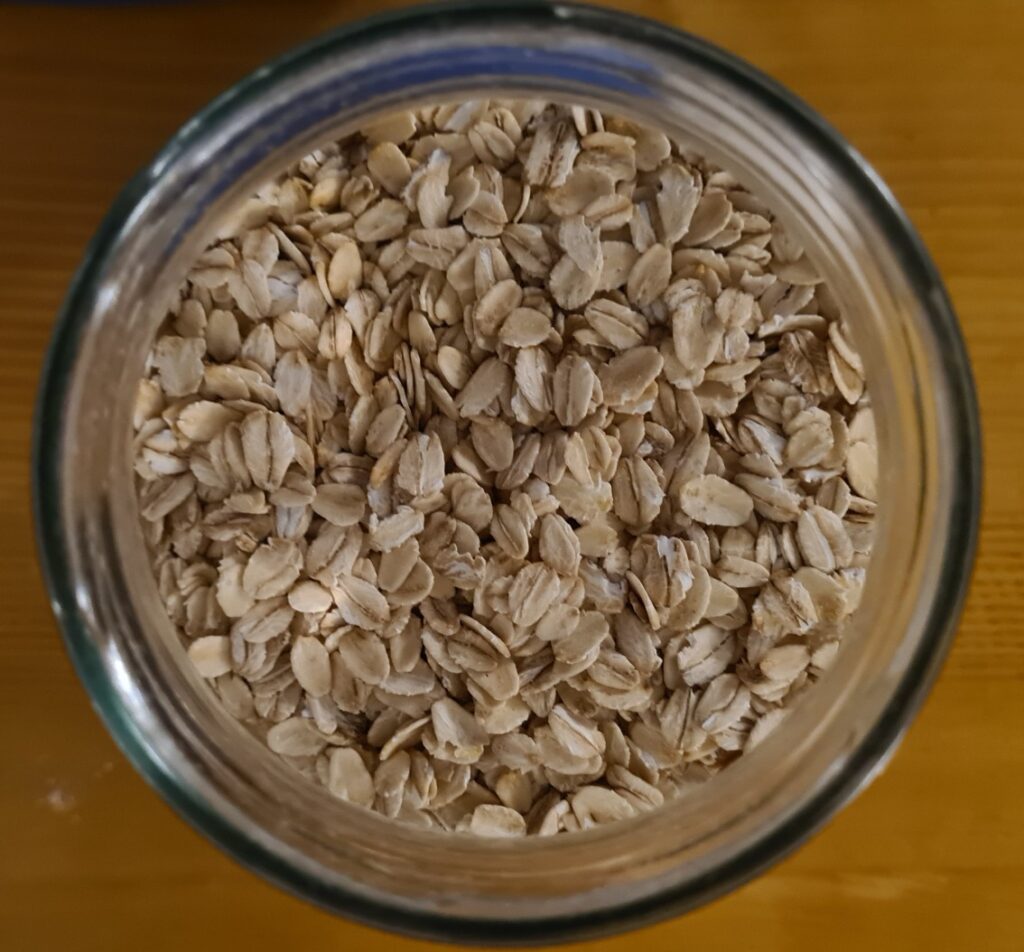You may have eaten oats for breakfast (or fed them to a horse) but did you know that oats can be great in your beer too? In this article, we’ll be exploring rolled oats as an ingredient in beer.
Rolled or flaked oats are a common addition to commercial beers and can be used in our homebrew recipes too. They are commonly used in stouts and porters with the most famous example probably being oatmeal stout. However, this ingredient isn’t only used in darker beers – they can also be used to enhance other styles.
What are rolled oats?
Rolled oats are a type of oatmeal that have been steamed and flattened, creating flakes that are easier to cook and digest. They can be used in brewing as an adjunct to add texture and flavour to the beer. An adjunct is any non-malted addition to our beer recipe (think rice, corn, etc.)
While it is more common to use unmalted oats in brewing, there are also malted varieties available. If you’re building a recipe to brew at home, this is an important distinction to make – remember that any malted grain will add fermentable sugars to your fermentation meaning your ABV will be higher. Whether malted or unmalted, use of oats can sometimes create quite a “sticky” mash, which could cause problems depending on how you mash and sparge.
There are lots of health benefits associated with eating oats such as high levels of protein, antioxidants and good bacteria. Unfortunately, this doesn’t translate to drinking oatmeal (stout). The idea that a pint of porter or stout is good for your health has now largely been debunked. That being said, the small amounts of protein and lower ABV of oatmeal stouts might make it a slightly better choice than a higher alcohol beer (although if you’re concerned about your health, research suggests that zero alcohol consumption is best).
Why use rolled oats?
There are three main reasons rolled oats are used in brewing: flavour, texture and head retention.
Used in small amounts, rolled oats shouldn’t add too much flavour to your brew. However, when you start brewing recipes with a high percentage of oatmeal you will definitely notice the unique flavour coming through. Depending on the style of beer and amount added, the flavour can be nutty or have a rich cereal taste.
Texture is another key reason we add oats to our brew. If you’ve ever enjoyed a dark glass of oatmeal stout, you’ll know exactly what I’m talking about – that creamy thickness is a direct result of the high amount of oats in the recipe. If your brews are feeling a little watery, rolled oats can be a good place to start for “thickening” your brew a little.
The proteins contained in oats do something magic in your brew: they help to keep a strong head on your beer as you drain your glass. For me, there’s something wonderful about seeing a foamy head on my beer all the way down the last drop. If you find that the head on your beer isn’t as good as you would like it, try adding some rolled oats to your next brew.
How to use rolled oats
Like everything else in the world of brewing, there are many opinions on the best way to use oats in your brew. As an enthusiastic amateur, there are many brewers out there with better knowledge than me – so I’ll just tell you what works for me.
I like to use unmalted, rolled oats in my brewing, meaning it doesn’t add fermentable sugars to my brew. Make sure your oats are of high quality, and if possible, get them from a reputable supplier who specialises in oats for brewing.
I like to add the oats straight into my grain bill without rehydrating. There are many different schools of thought on this, but for me it makes sense to have one less step on brew day. As mentioned previously, be aware of how adding oats in high amounts to your mash may affect your mash or sparge – it can become “sticky”.
But how many oats do we add to our brew? Again this is a matter of some debate, but as with all new recipe additions, it’s best to start small and slowly increase over consecutive brews. For a “standard” homebrew (i.e. 23 litres/5 gallons batch), I recommend starting with around 200g in the mash and adjust up or down as per your personal taste. I haven’t ever used oats in a lager, but for my ales, rolled oats usually make up around 5% of my grain bill.
Overall, rolled oats can be a great addition to the brewing process, helping to create a beer with a unique texture and flavour profile. As with any ingredient, it’s important to carefully consider the role rolled oats will play in the beer and to use them in a way that complements the other flavours and aromas in the brew.
Cheers!
Read Next: The Best Foods To Pair With Cold Beer






